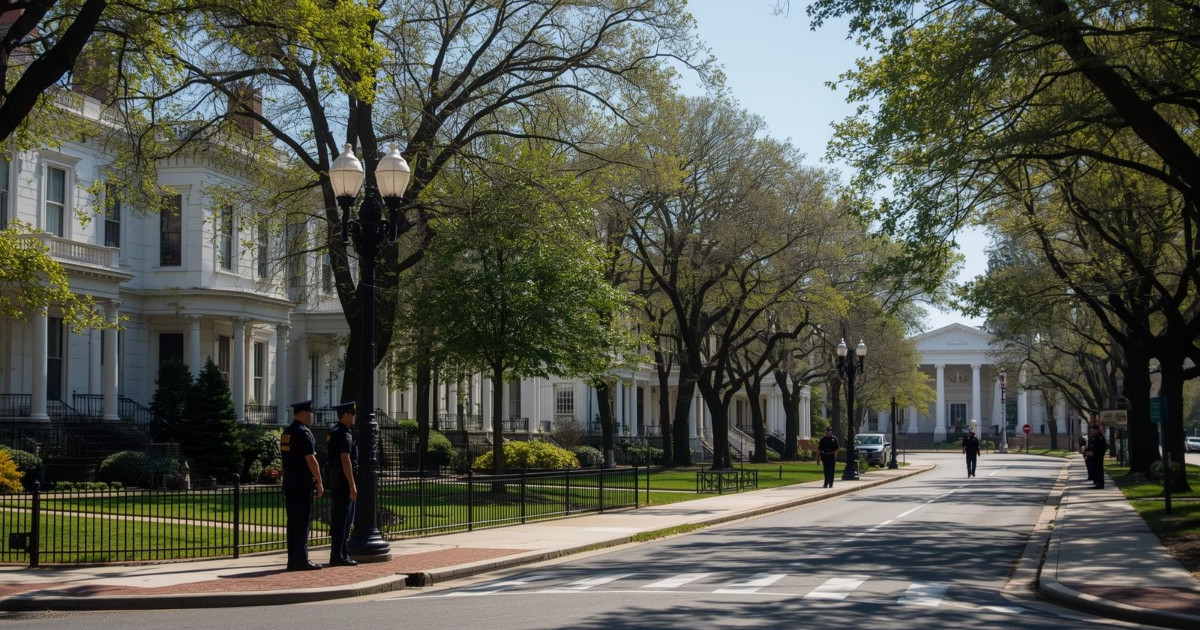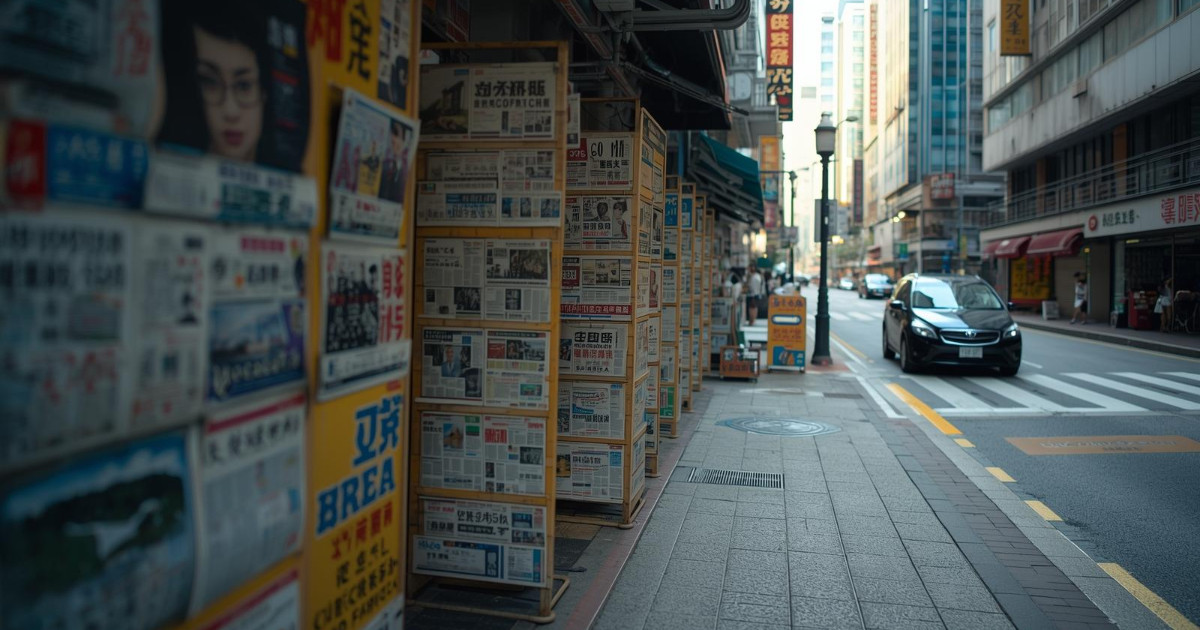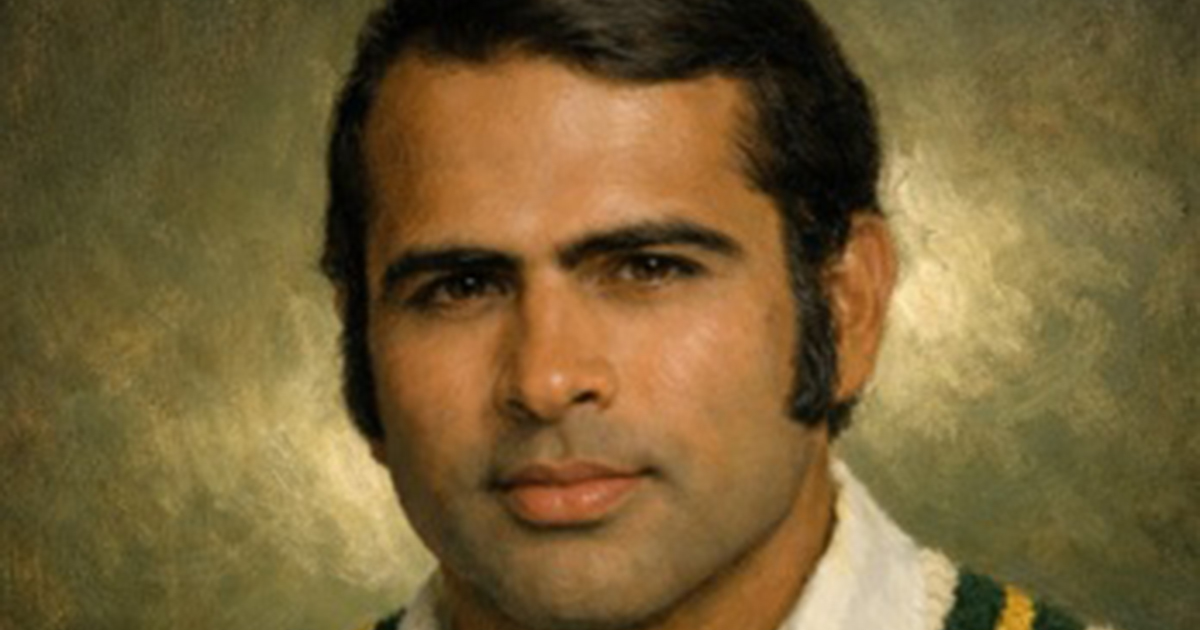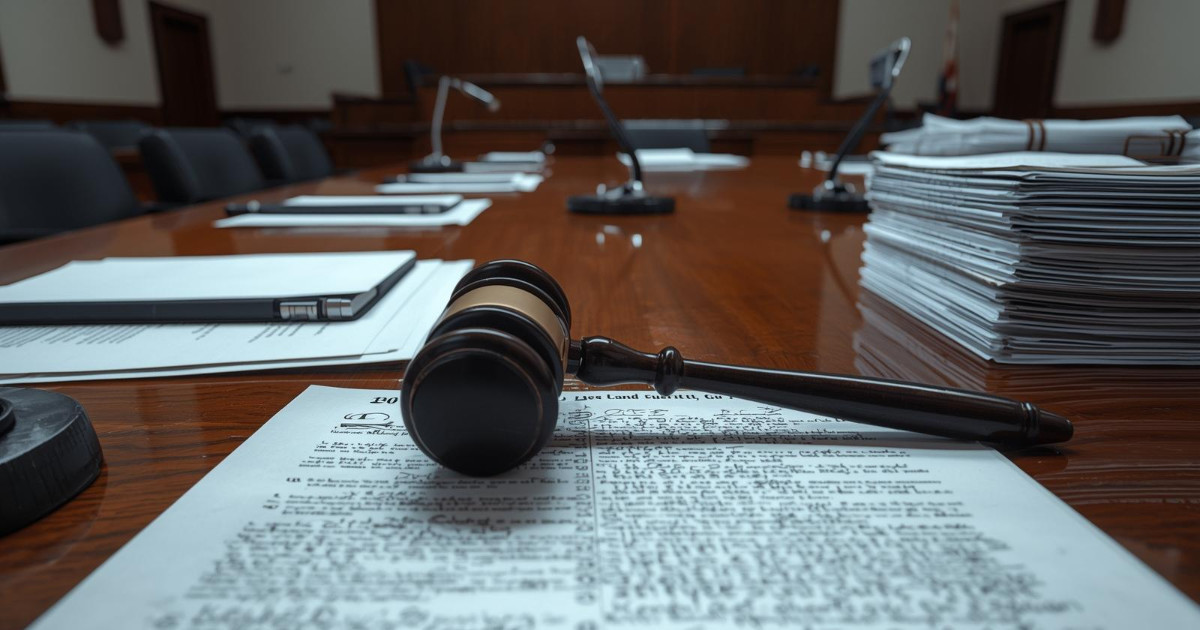Over 100 prominent citizens demand doctrine of necessity to be buried
JournalismPakistan.com | Published: 6 April 2022
Join our WhatsApp channel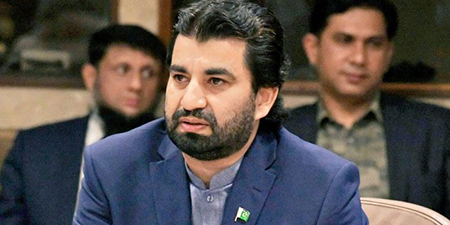
Over 100 academics and civil society leaders have urged the Chief Justice of Pakistan to ensure adherence to the constitution. They demand accountability for actions taken against the no-confidence motion, highlighting the need for a judicial commission to investigate alleged foreign interference.Summary
ISLAMABAD— Over 100 prominent academics and civil society leaders have written an open letter to Chief Justice of Pakistan Justice Umar Ata Bandial demanding no compromise to be made in determining the legality of actions taken by Deputy Speaker of National Assembly Qasim Suri (pictured) in rejecting the no-confidence motion against the prime minister.
The letter terms the former government's actions a major threat to the social cohesion and the wellbeing of the nation. It demands that responsibility should be fixed and exemplary retribution ensured to deter any future excesses.
The letter also demanded a judicial commission to be set up comprising serving judges of the Supreme Court to adjudicate the evidence regarding the alleged foreign conspiracy to subvert the political process in the country.
It maintains however that due process cannot be suspended and fundamental right of parliamentarians to vote cannot be violated on the basis of unsubstantiated allegations. The signatories of the letter include senior educationists, vice chancellors, journalists, and human rights activists. They include such names as human rights activists Mr. Haris Khaleeq, Mr. Karamat Ali, Ms. Khawar Mumtaz, Dr. Ammar Ali Jan, lawyer Mr. Salman Akram Raja, former SAPM on Health Zafar Mirza, Chairperson HEC Dr. Tariq Banuri, journalists Mr. Najam Sethi, Mr. Aamir Ghouri and Mr. Mohsin Baig, educationists and writers Dr. Ishtiaq Ahmad, Ms. Salima Hashmi, Dr. Ayesha Razzaque and Gen. Talat Masood, among many others.
The signatories emphasized the primacy of the constitution as a sacred covenant between all sections of society and the ultimate expression of the collective will of the people. It is observed that unconditional and strict adherence to the constitution is the only way to establish and sustain a peaceful, civilized and prosperous society and avoid widespread lawlessness and anarchy.
The letter contended that the decision Supreme Court takes concerning the supremacy of the constitution will shape the destiny and trajectory of our national existence. The honor and wellbeing of our future generations lie only in adherence to the constitution and inclusive politics epitomizing mutual acceptance of mandates, level playing field and basic norms of decency, it argues.
The signatories expressed hope that his lordship's unwavering commitment to constitutionalism and unbounded passion for justice will guide the nation through these troubled times.
Photo courtesy: BOL News
KEY POINTS:
- Over 100 prominent citizens have signed an open letter to the Chief Justice of Pakistan.
- The letter emphasizes the importance of constitutional adherence and accountability.
- Signatories demand a judicial commission to investigate alleged foreign conspiracy.
- They call for strict adherence to the constitution to prevent lawlessness.
- The letter reflects concerns over the actions taken against the no-confidence motion.











